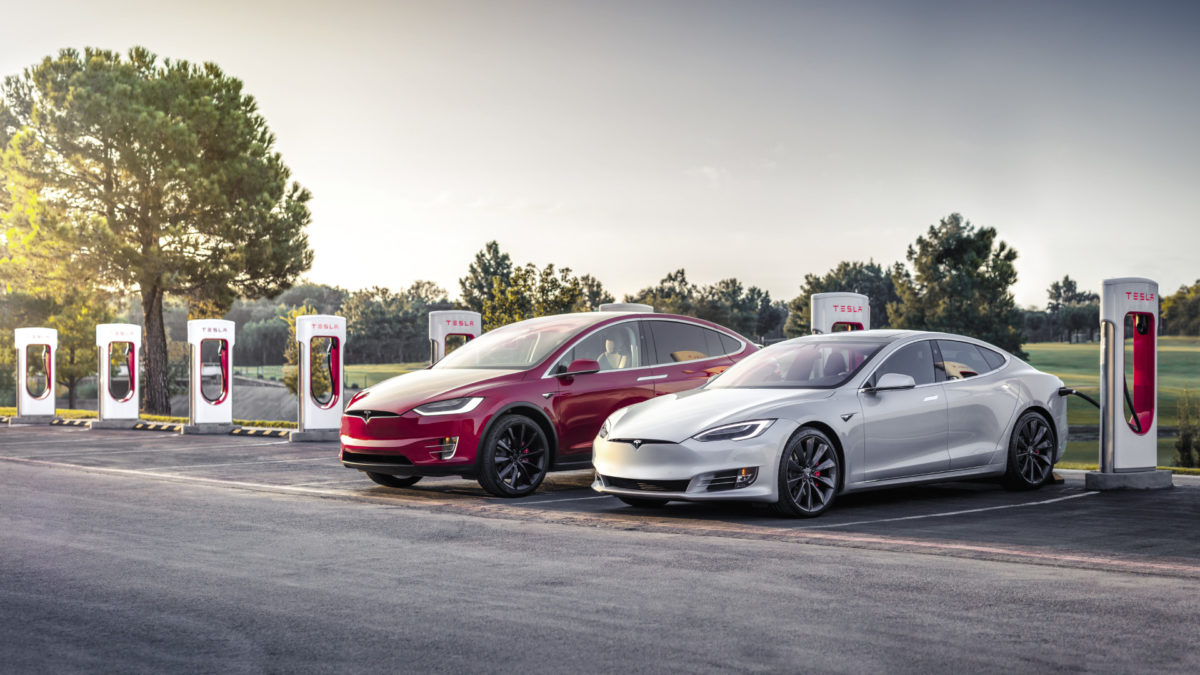A new report from the European Environmental Agency (EEA), named TERM 2018 – Transport and Environment Reporting Mechanism report, paints a sober picture of the EU transport sector’s performance in reducing its impact on the climate.
Indeed, the report suggests emissions resulting from the personal transport sector are on the rise. Specifically, it says they have been growing since 2014, while in 2016 and 2017, they reached a point where they were 26% and 28% higher, respectively, relative to 1990. A dent in emissions prior to 2014 has been connected to rising fuel costs as a result of an oil crisis, as well as the economic crisis that hit the EU and reduced overall mobility.
Woefully low
Overall, the reports finds that electric vehicle (EV) adoption rates remain woefully low, despite what looks like an impressive growth rate of 51% compared to 2016. The total share of new vehicle registrations in the EU is just 0.6% for Battery EV’s (BEV) and 0.8% for Plug-in Hybrid EVs (PHEV).
In light of the diesel emissions scandal, petrol cars have experienced a serious uptake in new registrations, with 53% of the total share, thus overtaking diesel for the first time since the annual report was published in 2010.
Furthermore, diesel fuel comprised 67% of the total fuel sold for road transport use in 2016, says the report. Also for the first time since 2010, the average CO2 emissions of new passenger cars increased, by 0.4%, in 2017. The sector relies heavily on oil-derived fuels, as they continue to account for 95% of final energy consumption in transport.
Missed targets
The EU set itself a 10% renewable energy utilization target by 2020 for the transport sector in its Renewable Energy Directive (2009/38/EC). This is likely to be missed, as progress between 2016 and 2017 was just 0.1%. The report’s authors identify Austria and Sweden as the only EU member states to have already surpassed the 10% target.
If the EU were serious about its climate goals, EVs would have been a good option, the report finds. While EVs have higher emissions resulting from their production process, their overall life-cycle emissions are about 17-30% lower than the emissions of petrol and diesel cars.
Additionally, bearing in mind the current carbon intensity trajectory of the EU’s energy mix, this rate is bound to fall to 73% lower emissions by 2050. However, the report also highlights that if BEVs are charged with electricity generated purely from coal, their lifetime emissions would, in fact, be higher than those of internal combustion engine vehicles (ICEVs). Life-cycle emissions from BEV’s entirely powered using renewable energy resources are estimated to be 90% less compared to ICEVs.
Underperformance
The slow adoption rate and underperformance on climate goals has caused an unlikely feud between Germany’s car industry and its otherwise industry-friendly conservative politicians from the country's CSU and CDU parties, with German Transport Minister Andreas Scheuer, CSU, lashing out against Volkswagen CEO Herbert Diess. In an interview with a German tabloid newspaper, the CEO claimed that the car industry had never received any help from politics to accelerate EV adoption.
In response, Scheuer ordered his ministry to tally up the bill, which amounted to €5.2 billion since 2009. The minister then asked Germany’s car industry why there are not any EVs on the roads. More criticism came from German Economy Minister Peter Altmaier, who asked why German car manufacturers are not making EVs that are even half as “sexy” as Tesla's.
Currently, German car manufacturers have 30 EV models in their product portfolios. However, waiting lists are prohibitively long. According to recent reports, customers often have to wait more than a year for their new car. Additionally, the development of comprehensive charging infrastructure is a significant drag on demand, still putting off many buyers.
This content is protected by copyright and may not be reused. If you want to cooperate with us and would like to reuse some of our content, please contact: editors@pv-magazine.com.




“However, the report also highlights that if BEVs are charged with electricity generated purely from coal, their lifetime emissions would, in fact, be higher than those of internal combustion engine vehicles (ICEVs).”
Why does the EEA waste time with this silly counterfactual? EVs are the only game in town for cutting CO2, particulate and NOX emissions from transport. They are already much better than ICEVs on all three counts, and the advantage in CO2 will accelerate.